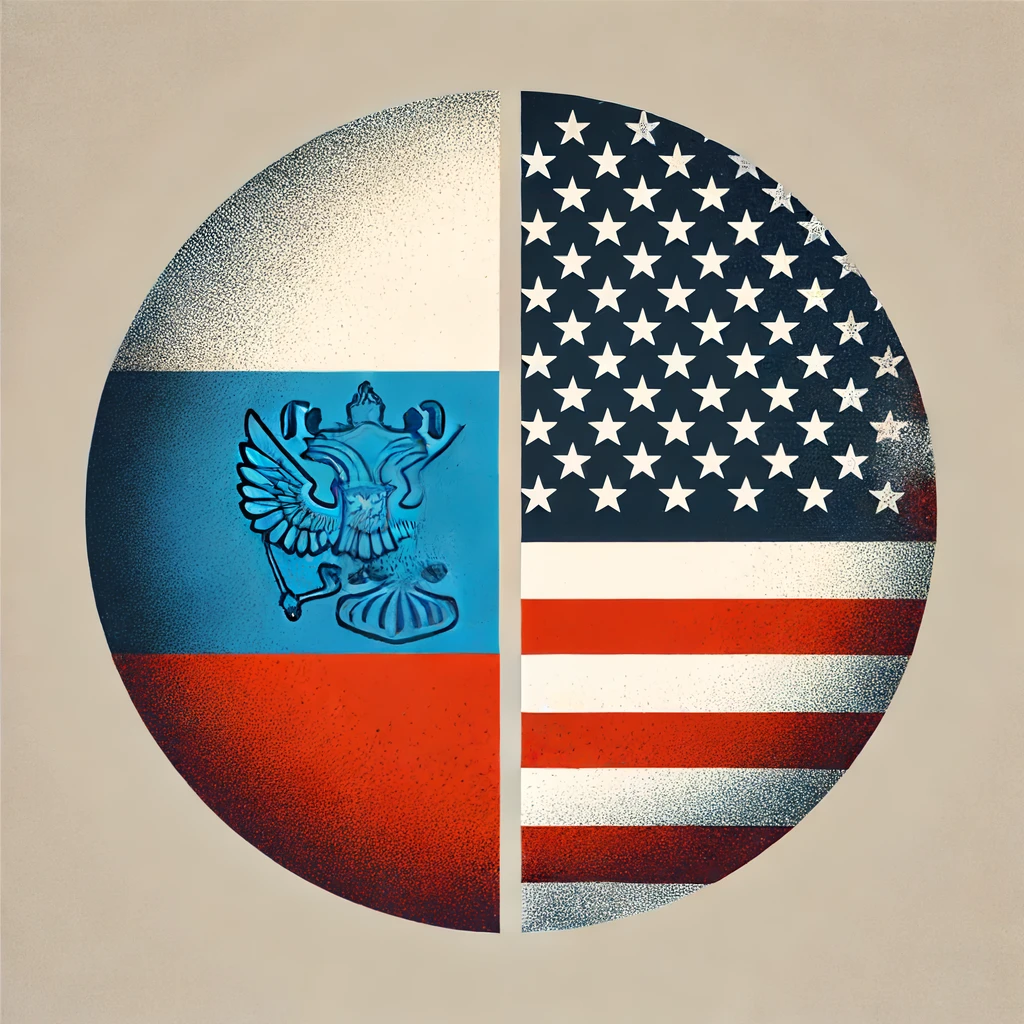Introduction
In the modern age, cyber warfare has become a critical front in geopolitical conflicts. Russia, long considered a dominant player in the cyber domain, is now facing significant setbacks against Western countries. This article explores the reasons behind Russia’s declining prowess in cyber warfare and examines the strategic, technological, and operational factors contributing to this shift.
The Evolving Landscape of Cyber Warfare
Technological Advancements in the West
Western countries, particularly the United States and its allies, have made substantial investments in cybersecurity technologies. These advancements include:
- Artificial Intelligence and Machine Learning: The integration of AI and ML in cybersecurity has revolutionized threat detection and response mechanisms. Western nations are leveraging these technologies to predict, identify, and neutralize cyber threats more effectively than ever before.
- Quantum Computing: While still in its nascent stages, quantum computing promises to break current encryption standards. The West’s lead in quantum research places it in a favorable position to counteract Russian cyber operations.
Strengthening Cyber Defense Mechanisms
Western nations have significantly enhanced their cyber defense frameworks:
- Zero Trust Architecture: Adopting a zero-trust approach, which assumes no entity is inherently trustworthy, has strengthened the security postures of Western organizations. This architecture ensures continuous verification of every access request, making it harder for adversaries to breach networks.
- Public-Private Partnerships: Collaboration between government entities and private cybersecurity firms has bolstered defense capabilities. These partnerships facilitate the sharing of threat intelligence and resources, creating a unified front against cyber adversaries.
Russia’s Cyber Strategy: Strengths and Weaknesses
Historical Strengths
Russia has historically excelled in cyber operations due to its focus on:
- Advanced Persistent Threats (APTs): Russian cyber groups like Fancy Bear and Cozy Bear have conducted sophisticated and prolonged cyber espionage campaigns, targeting high-value entities in Western nations.
- Disinformation Campaigns: Leveraging social media and other digital platforms, Russia has been adept at spreading disinformation to influence public opinion and sow discord within Western societies.
Emerging Weaknesses
Despite these strengths, Russia is now facing critical challenges:
- Technological Lag: Compared to the rapid technological advancements in the West, Russia’s cybersecurity infrastructure is lagging. Limited access to cutting-edge technologies and sanctions on technological imports have hindered Russia’s ability to innovate.
- Operational Exposure: Increased scrutiny and improved cyber defense mechanisms in the West have led to the exposure of Russian cyber operations. Publicly known exploits and methodologies make it easier for Western nations to anticipate and counter Russian cyber activities.
Case Studies Highlighting the Shift
SolarWinds Hack and Its Aftermath
The SolarWinds hack, attributed to Russian state-sponsored actors, initially appeared as a significant victory for Russia. However, the fallout from this breach highlighted several issues:
- Increased Vigilance: The attack prompted an overhaul of cybersecurity practices in the U.S. and allied nations. This increased vigilance has made subsequent Russian cyber operations more challenging and less successful.
- Retaliatory Measures: Western nations have implemented a range of retaliatory measures, including sanctions and cyber counterattacks, to deter future Russian cyber aggression.
Ukraine Conflict: A Cyber Battleground
The ongoing conflict in Ukraine has also demonstrated Russia’s vulnerabilities in cyber warfare:
- Resilient Defense: Ukrainian cyber defenders, supported by Western nations, have effectively repelled many Russian cyberattacks. This resilience has been bolstered by real-time intelligence sharing and advanced cybersecurity tools provided by Western allies.
- Global Solidarity: The global community’s solidarity with Ukraine has led to coordinated cyber defense initiatives, further complicating Russia’s cyber offensive strategies.
The Role of International Collaboration
NATO’s Cyber Defense Initiatives
NATO has played a pivotal role in enhancing collective cyber defense among its member states:
- Cyber Defense Pledge: NATO’s Cyber Defense Pledge commits member nations to strengthen their cyber capabilities. This collective effort ensures a coordinated and robust defense against cyber threats.
- Cyber Rapid Response Teams: NATO has established rapid response teams that can be deployed to member states under cyberattack. This capability provides immediate support and mitigates the impact of cyber incidents.
EU’s Cybersecurity Strategy
The European Union’s comprehensive cybersecurity strategy has further fortified the West’s cyber defenses:
- Regulatory Frameworks: The EU has implemented stringent regulatory frameworks, such as the General Data Protection Regulation (GDPR) and the Network and Information Systems (NIS) Directive, to enhance cybersecurity standards across member states.
- Research and Development: The EU invests heavily in cybersecurity research and development, fostering innovation and ensuring the availability of advanced cyber defense technologies.
Conclusion
Russia’s declining success in the cyberwar against Western countries can be attributed to several factors, including technological advancements in the West, enhanced cyber defense mechanisms, and effective international collaboration. As Western nations continue to innovate and strengthen their cyber defenses, Russia’s ability to conduct successful cyber operations will likely diminish further. To maintain its position, Russia must address its technological lag and adapt to the evolving landscape of cyber warfare.
FAQs
1. What are the primary factors contributing to Russia’s decline in cyber warfare?
The primary factors include technological advancements in the West, enhanced cyber defense mechanisms, and effective international collaboration.
2. How has AI and machine learning impacted cyber defense in Western countries?
AI and ML have revolutionized threat detection and response, allowing for more effective prediction, identification, and neutralization of cyber threats.
3. What role does NATO play in strengthening cyber defense?
NATO enhances collective cyber defense through initiatives like the Cyber Defense Pledge and Cyber Rapid Response Teams, ensuring coordinated defense against cyber threats.
4. How has the Ukraine conflict highlighted Russia’s cyber vulnerabilities?
The conflict has shown the resilience of Ukrainian cyber defenses, supported by Western nations, and the global community’s coordinated cyber defense initiatives.
5. What measures have the EU implemented to improve cybersecurity?
The EU has implemented regulatory frameworks like GDPR and the NIS Directive, and invests in cybersecurity research and development to enhance cyber defense standards.
For more insights into the evolving landscape of cyber threats and defenses, visit our article on the biggest cyber threat to Canada in 2024.
